EDITORIAL
Published on 23 Oct 2020
Editorial: Positive Psychology and Learning a Second or Third Language
doi 10.3389/fpsyg.2020.599326
- 2,674 views
- 7 citations
61k
Total downloads
327k
Total views and downloads
Select the journal/section where you want your idea to be submitted:
EDITORIAL
Published on 23 Oct 2020
ORIGINAL RESEARCH
Published on 11 Sep 2020
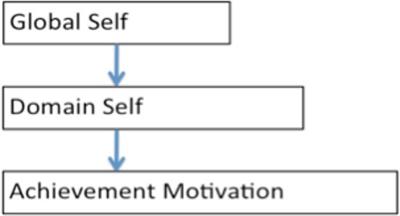
ORIGINAL RESEARCH
Published on 04 Sep 2020
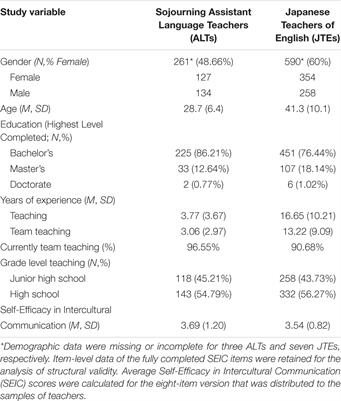
CONCEPTUAL ANALYSIS
Published on 03 Sep 2020
HYPOTHESIS AND THEORY
Published on 25 Aug 2020
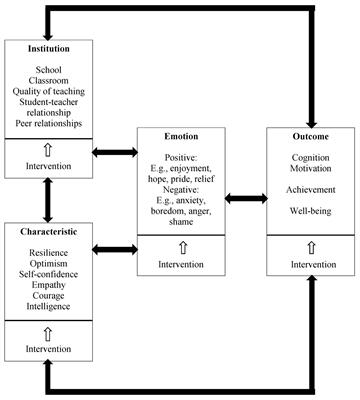
ORIGINAL RESEARCH
Published on 07 Aug 2020
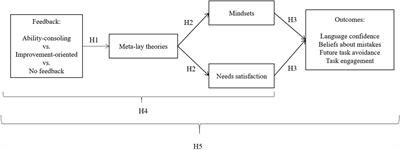
ORIGINAL RESEARCH
Published on 14 Jul 2020
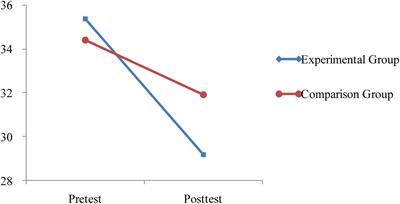
ORIGINAL RESEARCH
Published on 14 Jul 2020

MINI REVIEW
Published on 05 Jun 2020
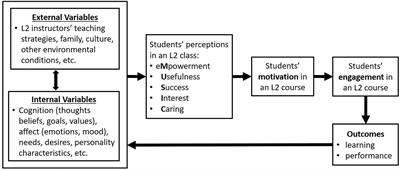
SYSTEMATIC REVIEW
Published on 21 Apr 2020
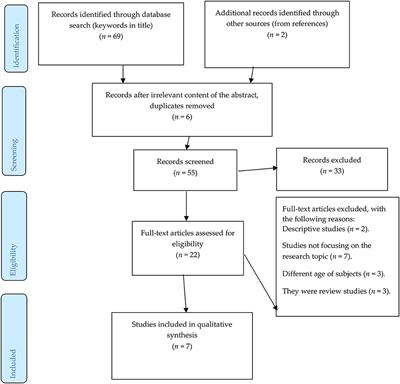
ORIGINAL RESEARCH
Published on 23 Jan 2020
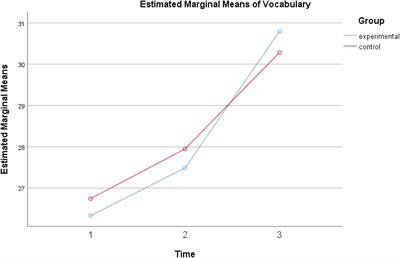
ORIGINAL RESEARCH
Published on 22 Jan 2020
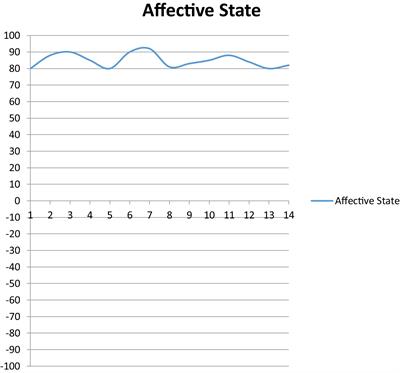

Frontiers in Education
Educational PsychologyOffline